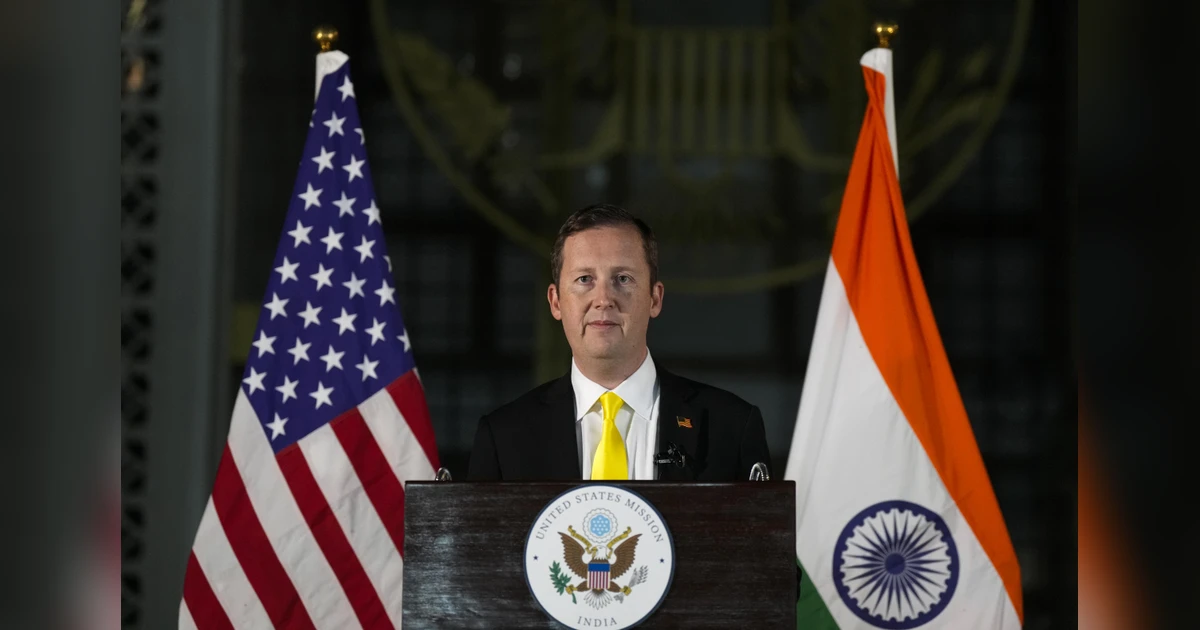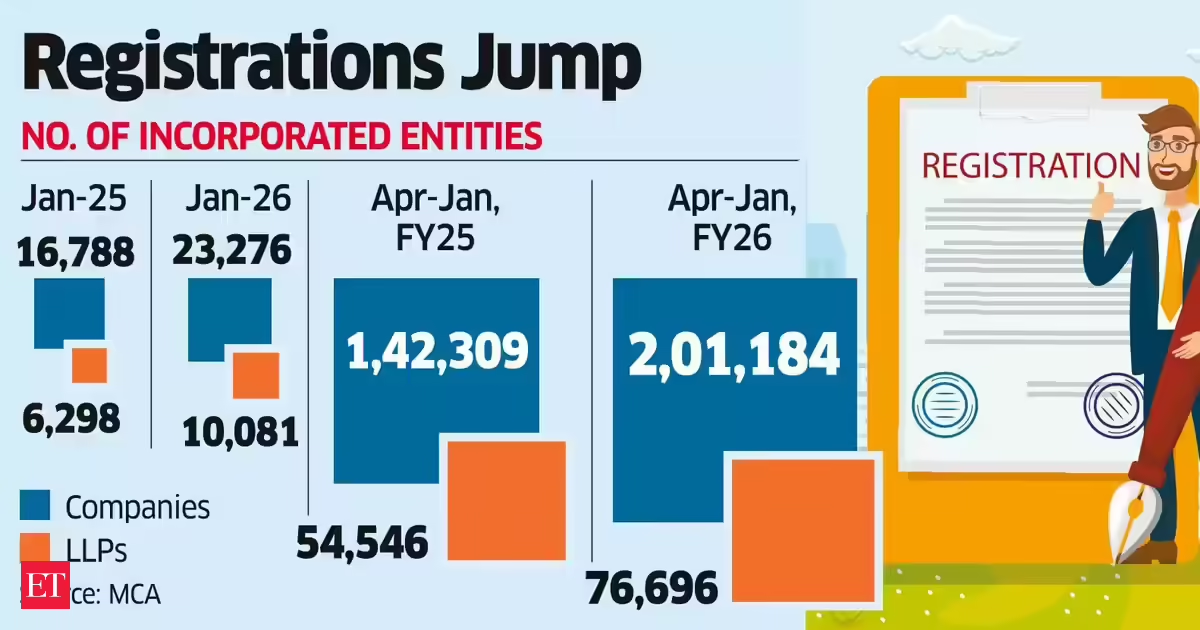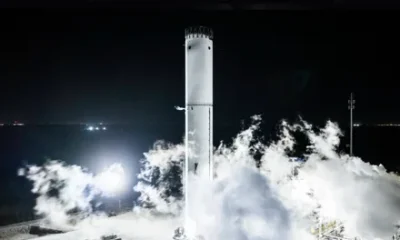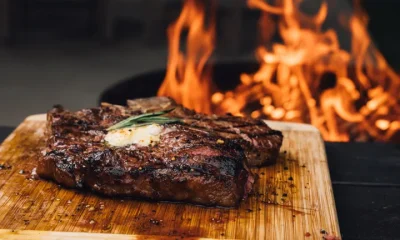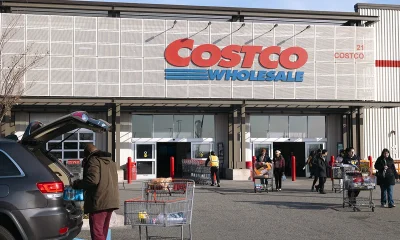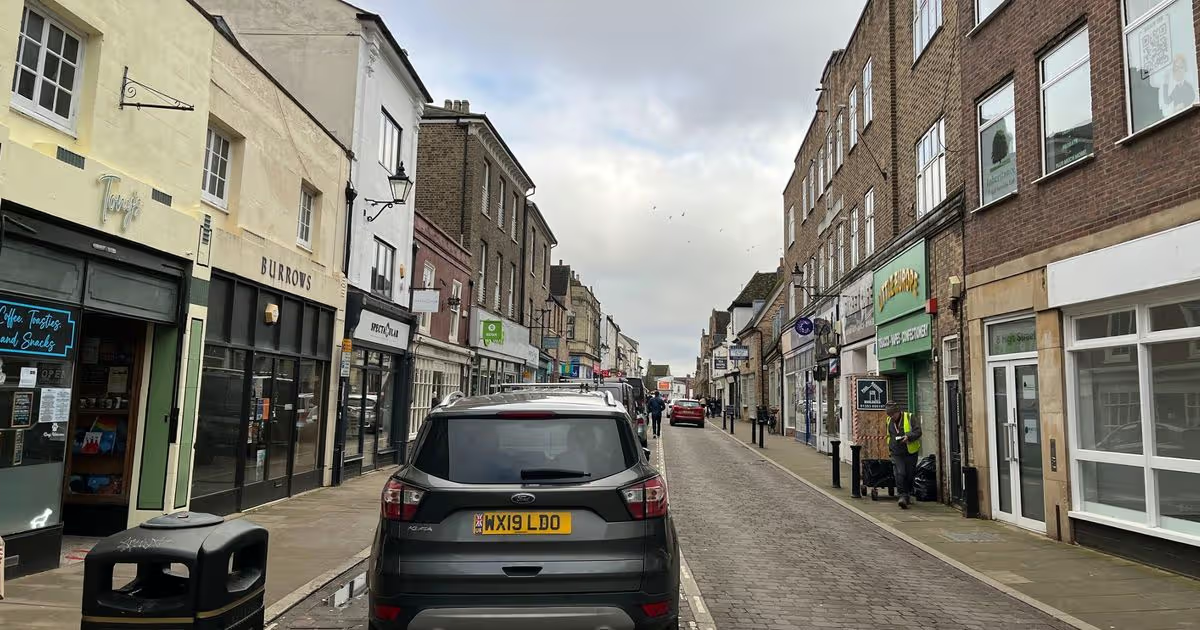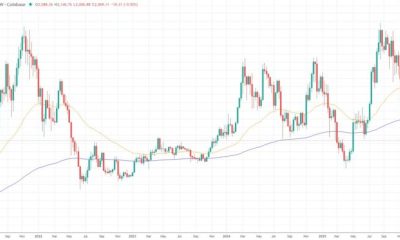Match Details
Fixture: (1) Alex De Minaur vs Stan Wawrinka
Thanks for the submission!
Date: February 12, 2026
Tournament: Rotterdam Open
Round: Second Round (Round of 16)
Venue: Rotterdam Ahoy, Netherlands
Category: ATP 500
Surface: Hard (Indoor)
Prize Money: $2,931,612
Live Telecast: USA – Tennis Channel | UK – Sky Sports | Canada – TSN
Alex De Minaur vs Stan Wawrinka preview
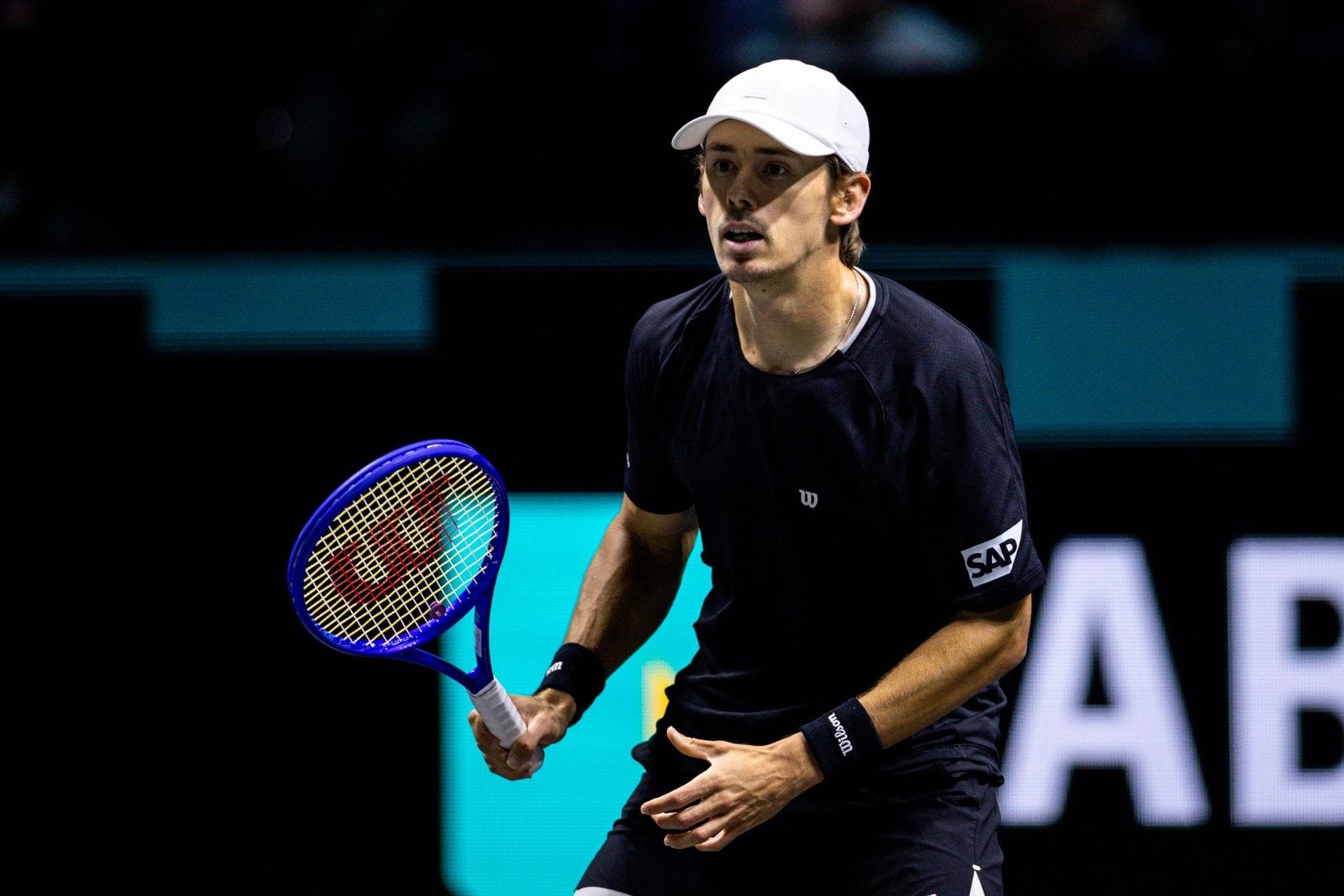

Alex De Minaur will take on Stan Wawrinka in the second round of the Rotterdam Open.
De Minaur has made a good start to the season. After a quarterfinal exit in the United Cup, he reached the last eight of the Australian Open in Melbourne. The 26-year-old defeated Frances Tiafoe and Alexander Bublik in the initial few rounds, but lost to Carlos Alcaraz, 7-5, 6-2, 6-1.
The Australian started his campaign in Rotterdam by cruising past Arthur Fils in the first round. He defeated the Frenchman in straight sets, 7-6(3), 6-2. De Minaur is the top seed this year and will be expected to make a deep run.


Meanwhile, Stan Wawrinka has made an amazing start to the new calendar year. Apart from a runner-up finish in the United Cup, he also reached the third round in Melbourne. The Swiss star defeated Laslo Djere and Arthur Gea, but lost to Taylor Fritz in four sets.
Wawrinka entered Rotterdam after a second-round exit in Montpellier. He started his campaign with a confident win against Thijs Boogaard, 6-3, 6-4. The 40-year-old won 90% of his first serve points and saved three break points in the previous encounter.
Alex De Minaur vs Stan Wawrinka head-to-head
De Minaur leads the head-to-head against Wawrinka 1-0. He defeated the Swiss veteran at the 2024 Monte-Carlo Masters.
Alex De Minaur vs Stan Wawrinka odds
BetMGM sources all the odds. (To be updated)
Alex De Minaur vs Stan Wawrinka prediction
De Minaur has secured runner-up finishes in Rotterdam consecutively for the last two years. He lost to Jannik Sinner in 2024 and Carlos Alcaraz in 2025. The Australian will be eager to achieve success this time around.
Meanwhile, Wawrinka is competing in Rotterdam for the last time in his career. He won the event in 2015 and also secured a runner-up finish in 2019. The Swiss star will be determined to go out on a high.
De Minaur will bring his exceptional court coverage and shot-making ability to the fore. Meanwhile, Wawrinka will rely on his serve, tactical acumen, and fighting spirit on the court.
Considering their recent results and match intensity in the last few months, De Minaur should be able to solve this round. He’ll be up against one of the best timers of the tennis ball, but should be able to stamp his authority and come out on top.
Pick: De Minaur to win in straight sets.
Alex De Minaur vs Stan Wawrinka betting tips
Tip 1: Match to have fewer than 20 games.
Tip 2: Wawrinka to save more than five break points.
Edited by Aman Mohamed









